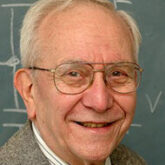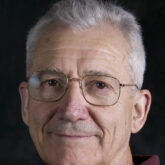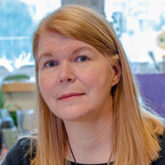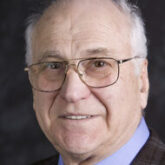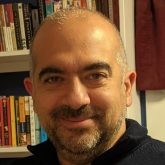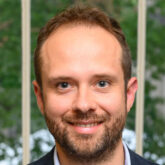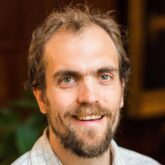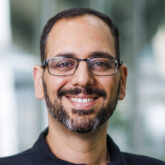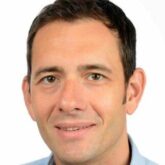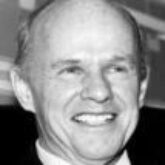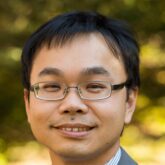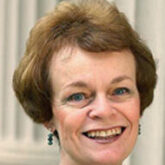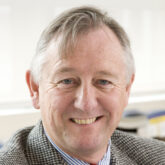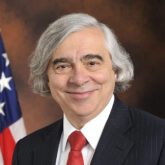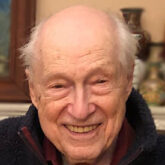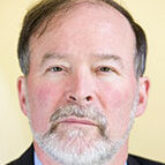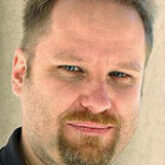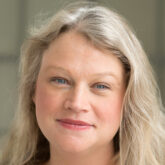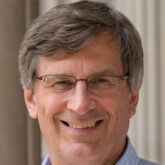Faculty
The MIT Physics Department is one of the best places in the world for research and education in physics. We have been ranked the number one physics department since 2002 by US News & World Report.
We honor the memory of esteemed members of the physics department community who have passed away, and remember their insight, creativity, collegiality, and dedication to excellence, under In Memoriam. Their contributions to scholarship, mentorship, and the department’s vibrant culture are deeply appreciated.
Filter by
William Bertozzi
Professor of Physics, Emeritus
Recognized as a world leader and innovator in the field of experimental electromagnetic nuclear physics.
Wit Busza
Francis L. Friedman Professor of Physics, Emeritus
Known for his pioneering studies of hadron-nucleus collisions and PHOBOS experiment, which studied matter at extreme energy density and temperature.
Janet Conrad
Professor of Physics
Searches for signatures of new particles, new forces and new symmetries using neutrinos from MeV to PeV energy scales.
Bruno Coppi
Professor of Physics, Emeritus
Has given basic contributions to the fields of plasma physics, nuclear fusion research, space physics and plasma astrophysics.
Joseph Formaggio
Professor of Physics
Explores the nature of neutrinos and their deep connection between particle physics, quantum mechanics and cosmology.
Ronald Fernando Garcia Ruiz
Thomas A. Frank (1977) Associate Professor of Physics
Focused on the study of atoms and molecules containing short-lived radioactive nuclei for fundamental physics research.
Philip Harris
Associate Professor of Physics
Building real-time deep learning systems to search for dark matter and understand the Higgs boson
Or Hen
Associate Professor of Physics
Focuses on studies of QCD in the nuclear medium, and the development on the new Electron-Ion Collider.
Gian Michele Innocenti
Assistant Professor of Physics
Research focuses on characterizing high-density and temperature QCD matter with ultra-peripheral and head-on heavy-ion collisions.
Stanley Kowalski
Professor of Physics, Emeritus
His career at MIT was centered on accelerator physics and nuclear physics research.
Yen-Jie Lee
Professor of Physics
Undergraduate Program Coordinator
Undergraduate Program Coordinator
Has pioneered studies of high-density QCD with proton-proton, heavy-ion and electron-positron annihilation data.
June Matthews
Professor of Physics, Emerita
Her research interests are in within the area of intermediate-energy nuclear physics with electromagnetic and hadronic probes.
Richard Milner
Professor of Physics
Focused on studying the spin structure of strongly interacting systems.
Ernest Moniz
Cecil and Ida Green Professor of Physics and Engineering Systems, Post-Tenure (1973– 2013)
Current research interests are centered on energy, science and technology, and national security policy.
Irwin A. Pless
Professor of Physics, Emeritus
Has made significant contributions to the fields of Experimental Particle Physics, Heavy ion collisions research, and Neutrino Astrophysics.
Robert Redwine
Professor of Physics, Emeritus (1979-2021)
Study of Fundamental Symmetries, especially as how they relate to the Standard Model of Nuclear and Particle Physics
Gunther Roland
Professor of Physics
Division Head, Experimental Nuclear and Particle Physics
Division Head, Experimental Nuclear and Particle Physics
Studies emergent properties of strongly interacting matter under extreme conditions, such as those achieved in high energy nuclear collisions.
Brooke Russell
Assistant Professor of Physics
Research focuses on massive neutrinos, their properties, interactions, and implications for beyond the Standard Model physics.
Lindley Winslow
Professor of Physics
Associate Department Head
Associate Department Head
Currently focuses on searches for neutrinoless double-beta decay and axion dark matter.
Boleslaw Wyslouch
Professor of Physics
Director, Laboratory for Nuclear Science and Bates Research and Engineering Center
Director, Laboratory for Nuclear Science and Bates Research and Engineering Center
Studies extremely hot and dense states of nuclear matter, focusing on the very energetic collisions of heavy ions.
